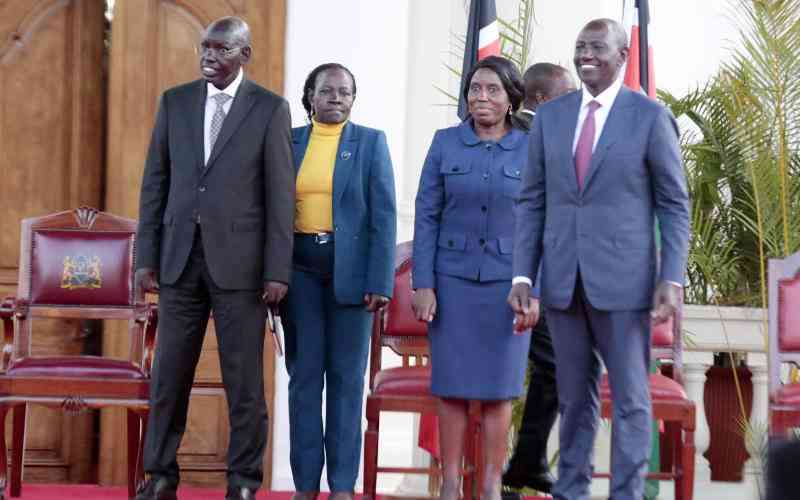×
The Standard e-Paper
Home To Bold Columnists

It is a major win for students from poor households whose parents struggle to pay fees in primary and secondary schools after the government opened a path for free university education.
In new measures announced by President William Ruto, Kenyan students will get State funding for university education based on four categories - needy vulnerable, extremely needy, needy, and less needy - that have been identified by the government.